World 1901-present
Some of the most profound and influential changes in world history take place from 1901 to today and covered here are many of the important and well known ones as well as some of the smaller stories. In terms of reach this section covers huge themes on diplomacy, post imperialism and economics. The articles cover the time period right up into recent events such as the State of the Union address by the US President Barrack Obama.
Sort by:
Date (Newest first) | Title A-Z
Show:
All |
Articles |
Podcasts |
Multipage Articles
-

Teaching 20th-Century History Resources
ArticleClick to view -

Teaching about the Russian invasion of Ukraine and events happening there
ArticleClick to view -

Telling difficult stories about the creation of Bangladesh
ArticleClick to view -
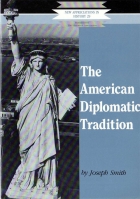
The American Diplomatic Tradition
ArticleClick to view -

The Coming of War in 1939
ArticleClick to view -
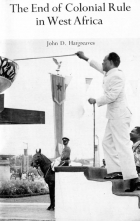
The End of Colonial Rule in West Africa
ArticleClick to view -
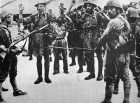
The Fall of Singapore 1942
ArticleClick to view -

The Great Powers in the Pacific
ArticleClick to view -

The Harkness Method: achieving higher-order thinking with sixth-form
ArticleClick to view -

The History of Afro-Brazilian People
ArticleClick to view -
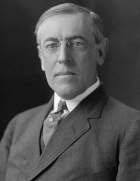
The League of Nations
ArticleClick to view -
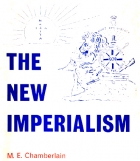
The New Imperialism
ArticleClick to view -

The Olympics - politics, impact and legacy - its not just about the sport
ArticleClick to view -
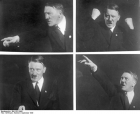
The Origins of the Second Great War
ArticleClick to view -

The Press and the Public during the Boer War 1899-1902
ArticleClick to view -
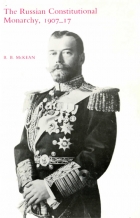
The Russian Constitutional Monarchy, 1907-17
ArticleClick to view -
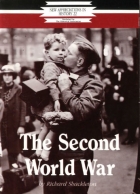
The Second World War
ArticleClick to view -
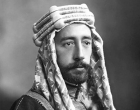
The Sykes-Picot agreement and lines in the sand
ArticleClick to view -

The origins of the Arab-Israeli Conflict
ArticleClick to view -

The shortest war in history: The Anglo-Zanzibar War of 1896
ArticleClick to view

